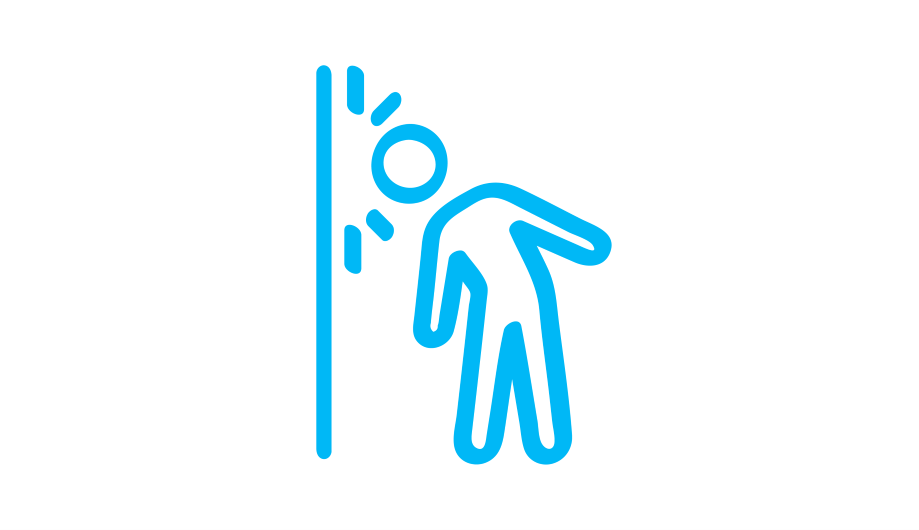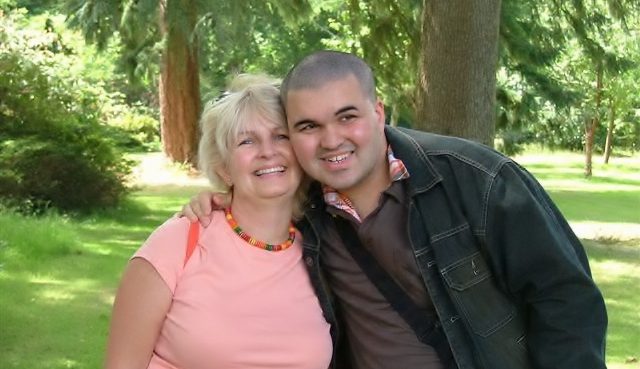
Self-injurious behaviour
Quick read guide to self-injurious behaviour with a complete information sheet available to download. Find out what it is, how you can get help with this kind of behaviour, and about medication and protective devices.

What causes self-injurious behaviour? What action should parents and carers take? Watch this video to understand the causes and the function of self injurious behaviour, and the use of medication and protective devices.
Professors Chris Oliver and Glynis Murphy, the UK’s leading authorities on self-injurious behaviour, join forces to offer clear and practical information and advice to families caring for individuals with severe learning disabilities. In this 45 minute video you will also meet Laura and Tobias, learn how their self-injurious behaviour has affected their lives and the lives of their families, and how some simple, straightforward steps can help to reduce self-injurious behaviour.
The video emphasizes understanding the causes and the function of the self injurious behaviour, and addresses issues such as the use of medication and protective devices. Produced primarily for family carers, this resource also provides a useful introduction to any professionals who may encounter self-injurious behaviour in individuals with severe learning disabilities
Please note: contains scenes which some viewers may find disturbing
Running time: 45 mins approx
A physical copy of the DVD is available free to family/ unpaid carers in the UK.

Quick read guide to self-injurious behaviour with a complete information sheet available to download. Find out what it is, how you can get help with this kind of behaviour, and about medication and protective devices.

The CBF is offering free peer support for family carers from your own homes during the Coronavirus pandemic. On this page you can read about 'Peer support calls' and 'Carers' Catch Ups'.

The Family Support Service can provide information and support about the needs of your family member with a severe learning disability. Our support is confidential, and we won’t judge you or tell you what to do.